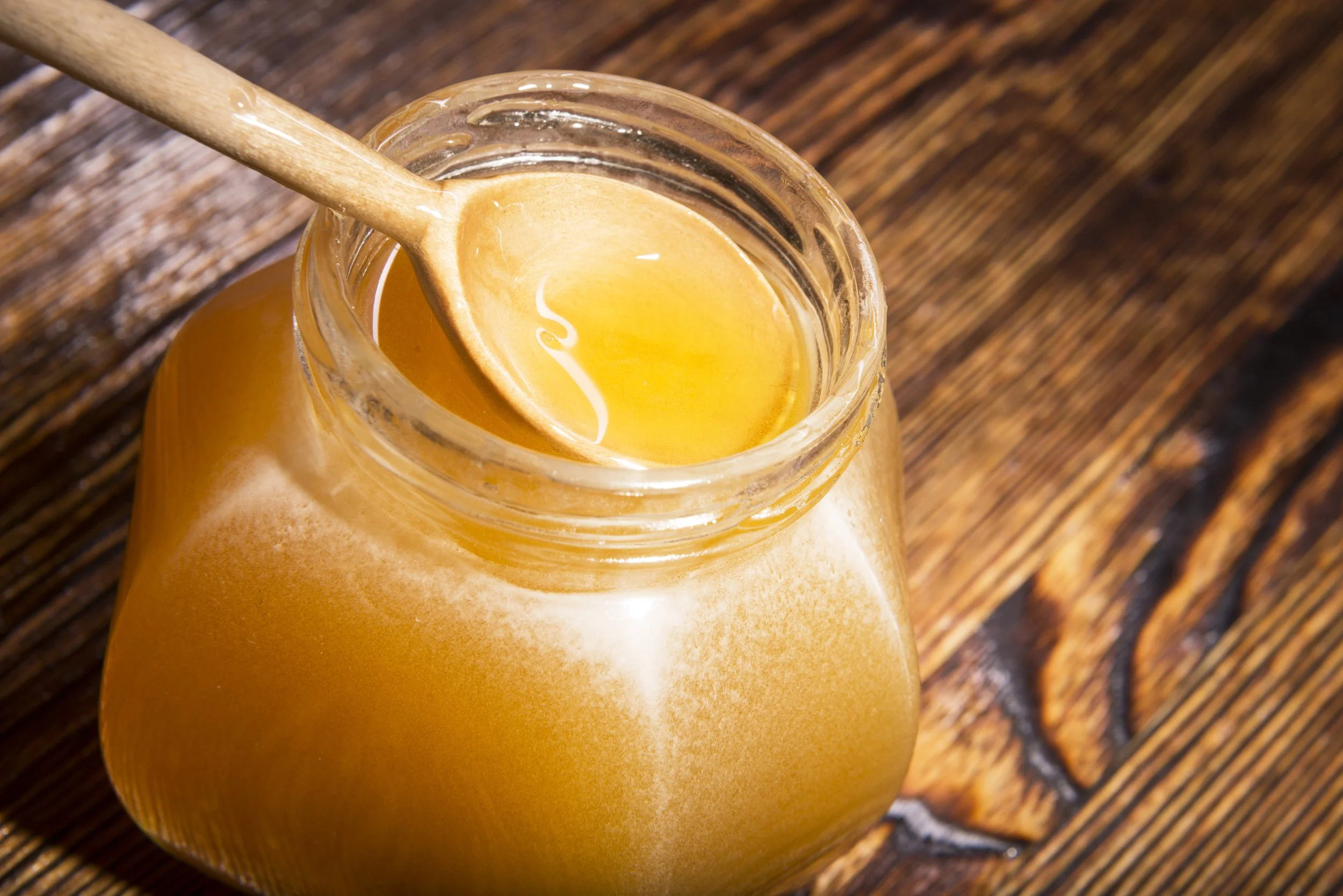Using wooden spoons for Manuka honey is often recommended for several reasons:
Neutral Flavor: Wooden spoons are less likely to impart any additional flavors to the honey. Manuka honey has a delicate and distinct taste, and using a neutral utensil like a wooden spoon helps preserve its natural flavors without introducing foreign tastes.
Chemical Reactions: Manuka honey is acidic, and wooden utensils are less prone to reacting with the acidity of the honey compared to metal spoons. Using metal utensils may cause subtle reactions that could affect the honey's taste over time. Wooden spoons provide a non-reactive alternative.
Avoiding Contamination: Wooden spoons are less likely to introduce contaminants or react with the honey, ensuring that the honey remains pure and unaltered. This is particularly important for high-quality Manuka honey, which is valued for its unique properties.
Traditional Practice: The use of wooden utensils for honey has historical and cultural significance. It's a practice that has been passed down through generations and is often associated with the traditional and natural processing of honey.
While these reasons make wooden spoons a popular choice for serving and handling Manuka honey, it's crucial to ensure that the wooden utensils are clean and dedicated to honey to avoid cross-contamination with other flavors or substances. If properly maintained, wooden spoons can contribute to a more authentic honey-tasting experience.

